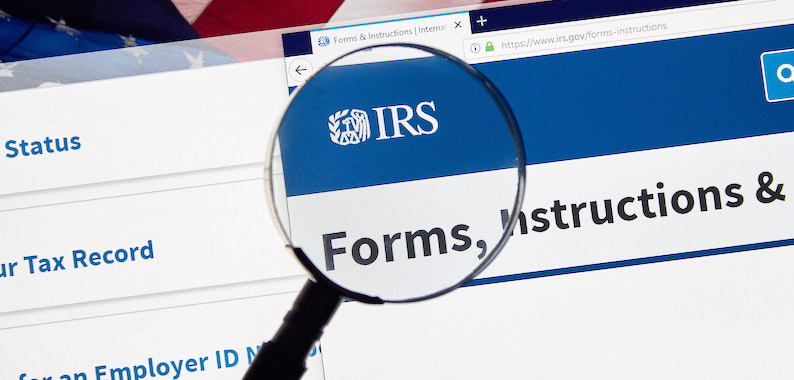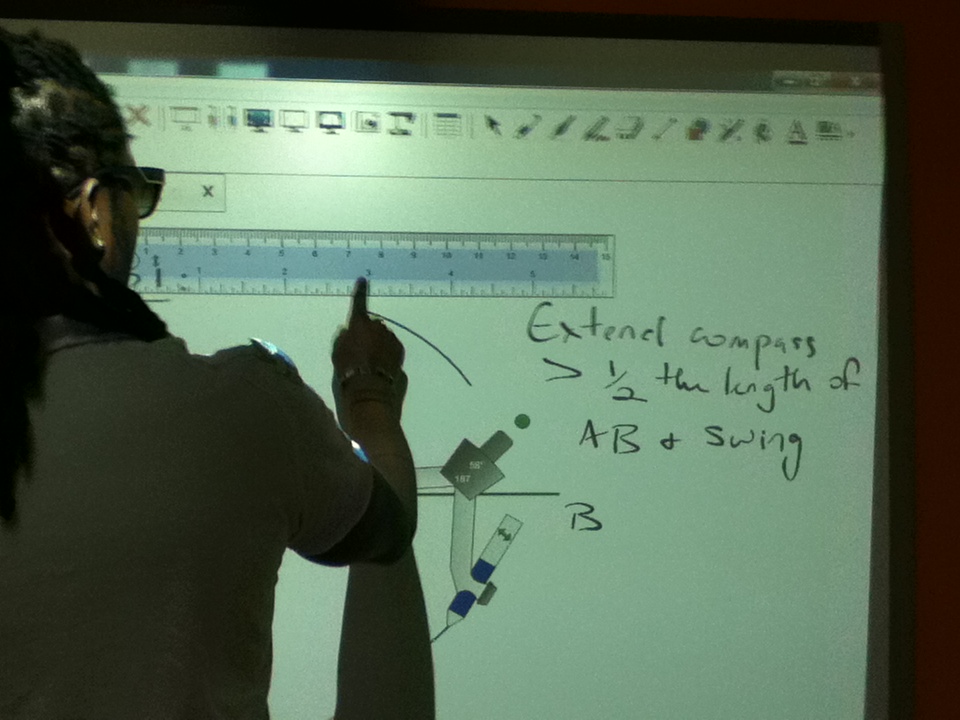Phonological skills don’t just come right away. It is a journey and requires a step by step procedure towards achieving the skills. Phonological skills develop in a predictable progression there are a lot of custom papers online on this subject. It’s a gradual learning process that will help you sequence and arrange tasks accordingly from the easier ones to the toughest ones. This blog will be about How to develop phonological skills.
As initially stated, the development of phonological skills is a gradual process. You might be having issues phonologically, but that doesn’t mean you are weak at it. With time, you can enhance these skills with consistent practice, research, and help from others. In this article, we shall, therefore, explore several ways you can use to enhance your phonological skills.
First of all, to be good at phonological skills, all you need is to be responsive to rhyme and alliteration during wordplay. Make it routine reciting and enjoying rhyming words. Go for phrases with an aspect of alliteration. You can get these phrases from storybooks and other essential books. You can also join a group of learners who will help you in accessing these phrases and enjoy reciting them together. With time, you will be able to enhance these skills to a greater extend.
Another way of developing phonological skills, you will have to be good at syllable awareness. Have a proper understanding of these syllables, and you’ll have the best experience and gain much phonologically. Also, count, segment, tap, and blend some words into syllables.
Additionally, it would be best if you enhance your ability in rhyming words. All these are dependable on the understanding that rhyming words have the same time. Also, rhyme recognition is far much better than producing a rhyme. So, consider seeking for efficient materials for accessing these rhyme words and enhance your experience phonologically.
Another way of developing your phonological skills is by being aware of phonemes. All you need here is to point out and match initial sounds in words. Identification and matching of middle and final sounds are also critical. For instance, you can try finding which picture begins with /m/ and also identify a different image that ends in /r/. Produce the initial sound then the middle and final ones. You can also blend sound into words and enhance the skills gradually. You can also segment phonemes into two or more-sound words to improve student proficiency. For example, in the word “eyes,” you can stretch and emphasize on sounds such as /i/ and /z/. You can also edit the phonemes by addition, removal and substitution of sounds. For example, you can try to omit the /m/ sound in the word smoke.
You must learn how to distinguish and recall separate phonemes in series. Focus on producing a rhyme, compound word deletion, segmentation of words with simple syllables, the substitution of phonemes to come up with new concepts, removal of sounds in the initial and final positions, initial positions, and middle and last positions among many more practices.
Conclusion
The above are the primary ways you can use if you are determined to enhance your phonological skills. The skills may sometimes be a hard journey for most students, but when taken into account, we can anticipate better results. Let your students be determined to enhance their skills by exploring some of the highlighted factors. Furthermore, teachers should also engage themselves in helping students gain a proper path towards improving their skills. Keep track of their progress and, if possible, register improvements made periodically. By doing so, there are higher chances of gaining much and reaching a phonological skill level.





